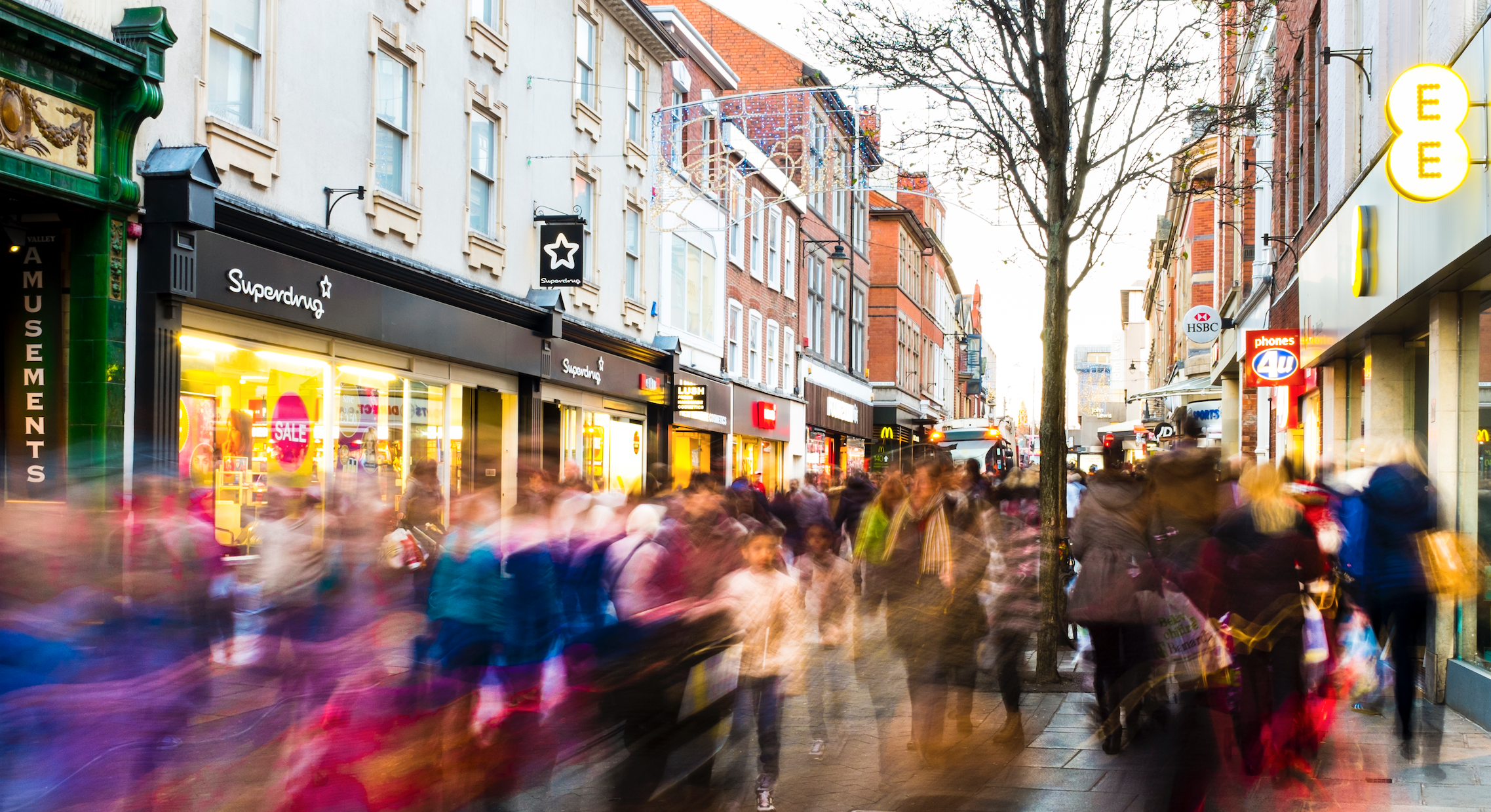
Angus Macpherson, managing director of the EnvironmentExchange, looks at the flurry of consultations resulting from the recently-published resources and waste strategy from the consumer perspective and asks how might they feel after the proposed changes are in place.
But for some, the consequent result of 4 consultations, 3 regulatory impact assessments and 491 pages to read and respond to by 13 May (12 May for the Treasury), while applauded as a significant effort by all involved, may prove a little difficult to digest.
This top-level consideration of concepts is an unusual conglomeration ranging from tweaks to the current scheme, through better regulation of exports, to wholesale reform of the current producer responsibility system and the local authority collection system. The consultations are based upon the view, apparently industry’s, that the current system of Packaging Recovery Notes (PRNs) is no longer fit for purpose.
While it is acknowledged that the current system is not perfect, it is succeeding in achieving the targets that are requested of it, hence one may wonder whether the wholesale change proposed is truly necessary or whether a few tweaks in the right places might suffice.
A key question asked by industry as the prices of PRNs increase is what is all the money that I am paying being spent on. Concurrently local authorities are wondering why they do not appear to be receiving any of that money at all, overlooking that they are receiving income paid by industry for their secondary raw materials and of the annually increasing collection and disposal costs, a significant element is the annual increase in landfill tax! While it is clear that the funds must have arrived at the right place to facilitate the achievement of packaging recycling targets, greater clarity in this area would assist all.
Deposit schemes are a potential crowd pleaser. Politicians can stand smiling beside deposit return facilities, visions of children happily collecting bottles and cans and getting extra pocket money, litter could reduce, although even if 90% collection rates are achieved that still leaves 10%, approximately 3 billion beverage containers, available for litter!
Meanwhile, the consumer remains confused about what can or cannot be recycled and, where local authority areas meet, why the collection methods on one side of a street differ from those on the other. Not just the colour and size of the bins, although that does not help, also why different materials are considered recyclable in one local authority but not another!
Much of what is deemed not recyclable is plastic, which is not only ending up in the ocean but also the fastest growing packaging material. So why should materials which cannot be recycled not be banned? … and then there is litter!
So what is the four-pronged proposal? Firstly, to reduce confusion an agreed list of packaging materials for collection from every household; secondly, a deposit scheme to increase the quality of the recyclate, secondary raw material, and reduce the quantity of litter; thirdly, a tax on all plastic packaging that does not have a minimum recycled content, currently proposed at 30%, to increase the demand for plastic for recycling and finally a revised producer responsibility system that incorporates a financial penalty for using packaging that cannot be recycled and a direct funding system for local authorities, while still achieving targets not only throughout the UK but also measured within each of the devolved nations. Simple, really!
What impact might the proposals have on the house-holder? Consistent and simple messages about what can and cannot be recycled should reduce confusion and also increase quality as, recyclers no longer inadvertently add the wrong materials because it looks like it can be recycled.
Handling of the approved list of packaging materials and their labelling will need to be done with caution so as not to restrict innovation or further confuse the householder. Clearly, identification will need to be necessary between polymer type, biodegradable (does this mean I can put it in my compost bin?) or otherwise, and multi-material items. Are envelopes with windows recyclable? what about Easter Egg packaging? etc?
Deposit schemes are a potential crowd pleaser. Politicians can stand smiling beside deposit return facilities, visions of children happily collecting bottles and cans and getting extra pocket money, litter could reduce, although even if 90% collection rates are achieved that still leaves 10%, approximately 3 billion beverage containers, available for litter!
Some more observant householders may spot it is actually their own money that they are getting back. Others may prefer the simplicity of recycling through using kerbside collection and resent paying an extra £0.20 per bottle for a service they do not wish. And then there is the tax. How long before that stretches beyond plastic to all the other packaging materials?
Will it be a visible fee like, presumably, the deposit or just an increased cost? If it is the later how will the purchaser be aware that the packaging selected has not got 30% recycled content? Or will it be an additional label/number showing the recycled content in each element? To add to all the consumer information already there.
And then the consumer might wonder where all that tax is going and why it is not being used by the Government to fund local authority collections of packaging, a service that most householders consider one of the most important provided by local authorities.
And then what is going to happen to all the money that has been taken from industry to fund packaging collection by local authorities? Transparency works two ways!
So how might the consumer feel after all the proposed changes have come into place? Less confused about what to recycle? Poorer having paid more on recycled content tax and deposits? Curious on where all this extra money has been spent but probably at this stage no wiser. Living in a greener place?


